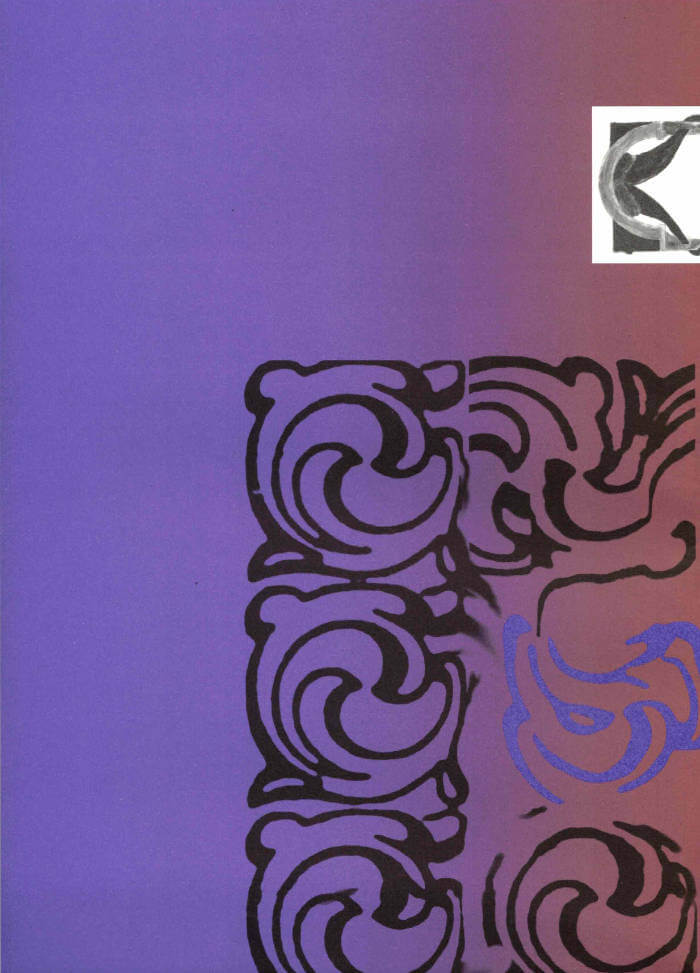
Ventoline #1 – été 2020
Ventoline est un fanzine né à la fois d’un enthousiasme quotidien pour ce qui se rapporte à la musique, et d’une véritable lassitude face à la quasi-absence de paroles féminines autour de ce vaste sujet. Commenter, critiquer, prescrire, partager ses histoires, ses goûts, ses dégoûts, en somme, sa culture musicale…
Pourquoi si peu de femmes s’autorisent à le faire? Même lorsqu’elles programment, organisent, sonorisent des concerts, lorsqu’elles mixent tous les week-ends, pogotent au premier rang, lorsqu’elles sortent des disques, dessinent des affiches et récurent les tréfonds de Soulseek. Même lorsqu’elles produisent et consomment de la musique.
Le but de ce fanzine ne sera ni d’émettre des classements, ni de théoriser savamment afin d’être prises au sérieux. La musique nous a construites personnellement et socialement, il s’agira donc de partager nos expériences liées à elle —heureuses comme foireuses—, nos observations, nos fantasmes, nos figures tutélaires.
Ce que ça fait, entre autres, de tourner pendant un mois dans un van, de passer pour la potiche de service ou de se prendre une claque au détour d’une compile. De Portland à Barcelone, en passant par Paris, Marseille, Bruxelles, Lyon et Leipzig, une douzaine de mélomanes polymorphes ont prêté leur voix à ce premier numéro de Ventoline.
(ENG)
Ventoline is a French music zine written and illustrated by women only. The first issue includes contributions by Camille Potte, Louise Bouchu, Anouck Eychenne, Leslie Chanel, Marouchka Payen, Diane Malatesta, Maïssa Daoudi, Hélène Degand, Sarah-Louise Barbett, Inès Di Folco, as well as interviews of Cristina Daura and Aubrey Hornor.
17 x 25 cm, 32 pages printed on newspaper
more on https://ventoline.octavie.club




